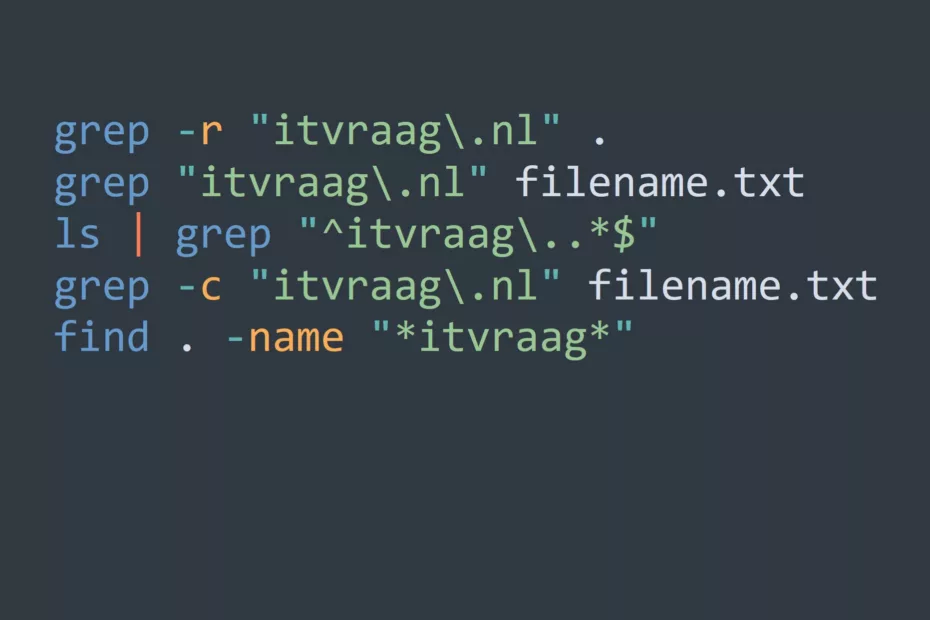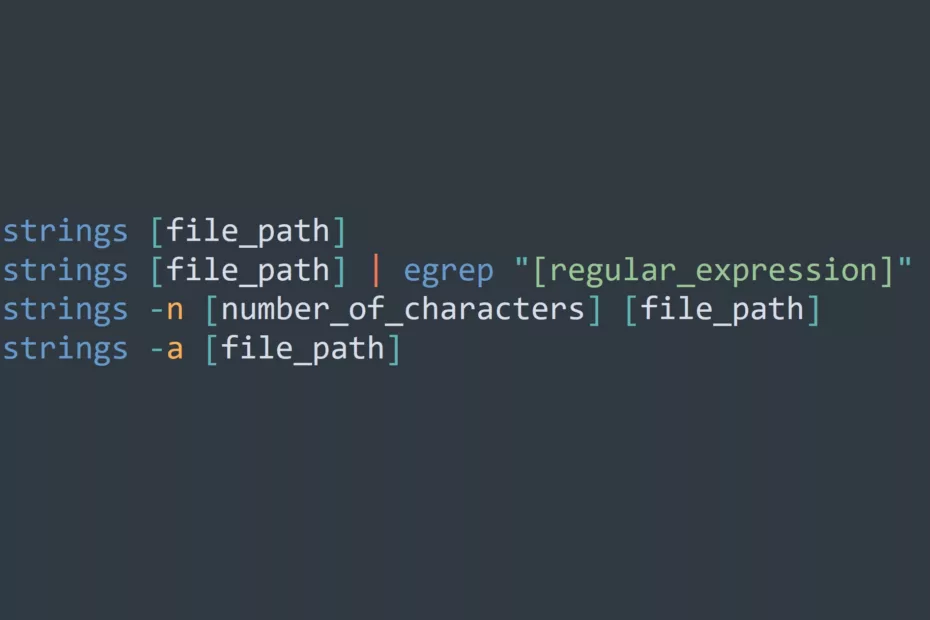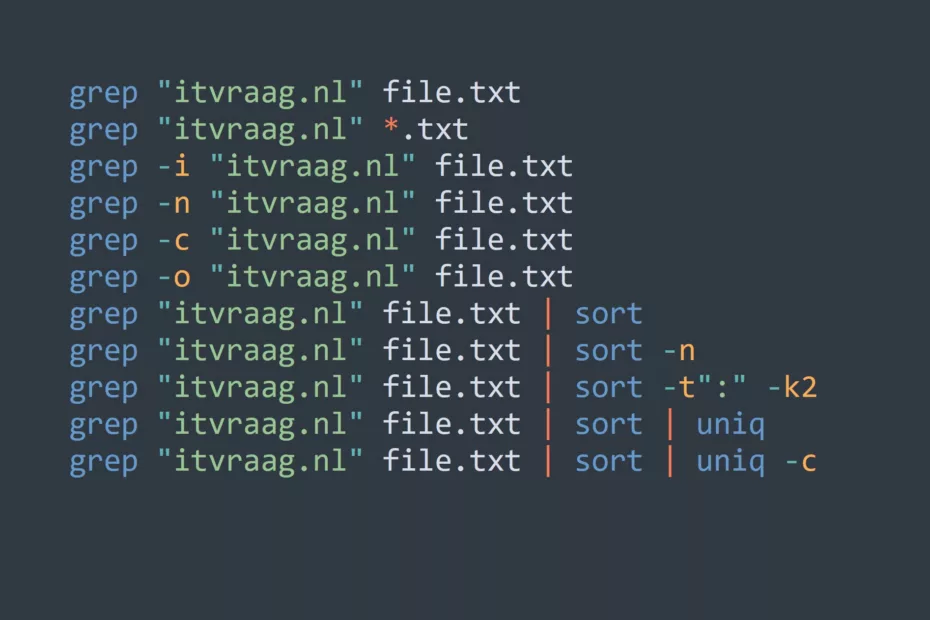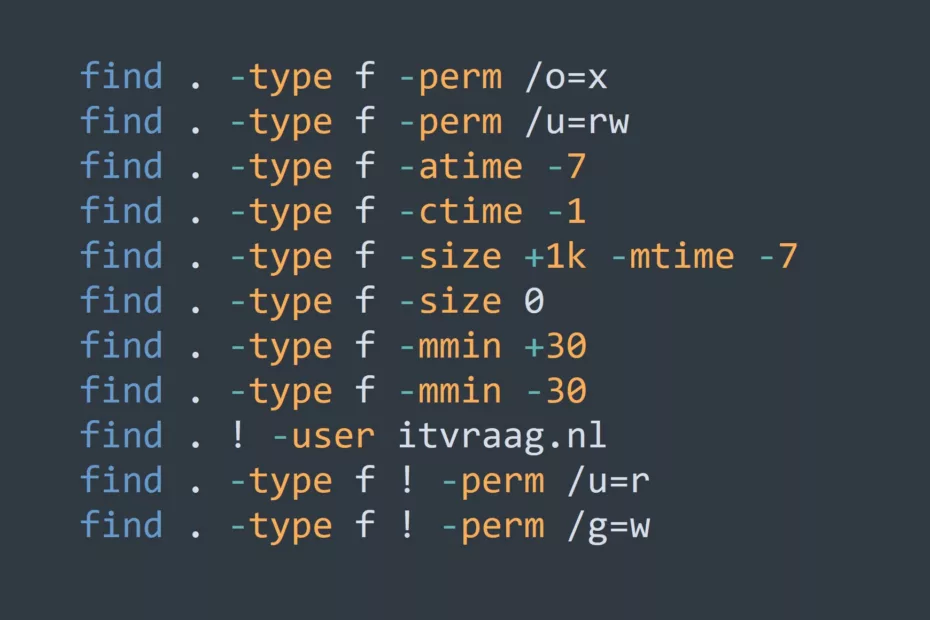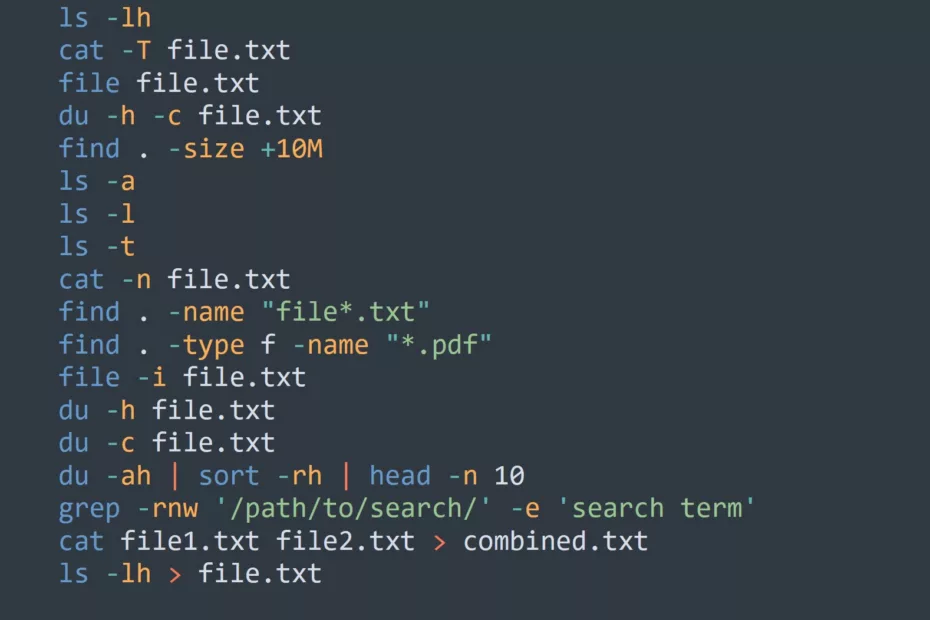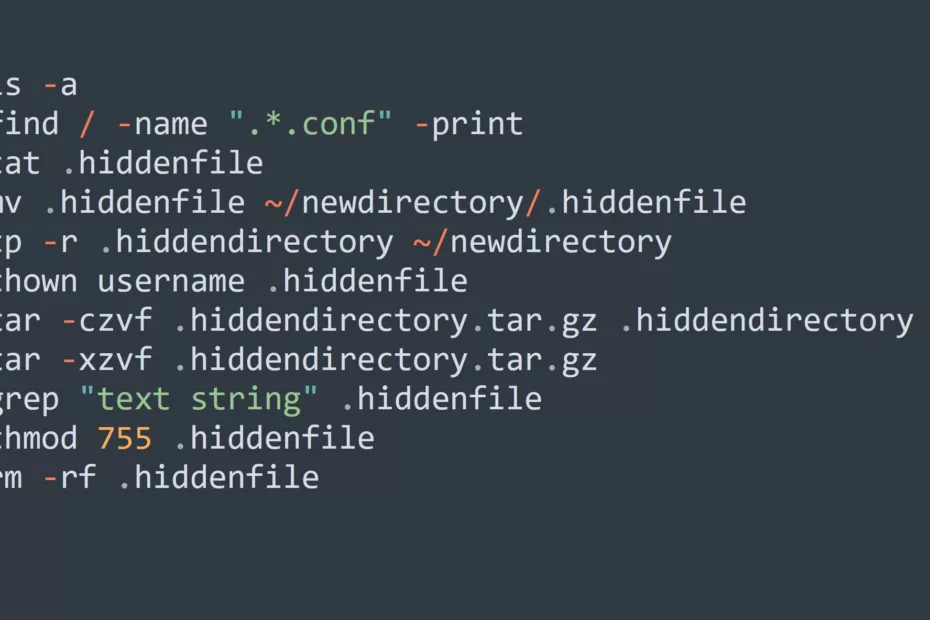Want to Learn About Encryption? Start With The Simple and Effective ROT13
Do you want to obfuscate some sensitive data quickly and easily without having to go through the process of encryption? Look no further than ROT13. This simple command-line tool can help you obfuscate your data in a matter of seconds, making it difficult for others to understand without decoding it… Read More »Want to Learn About Encryption? Start With The Simple and Effective ROT13





